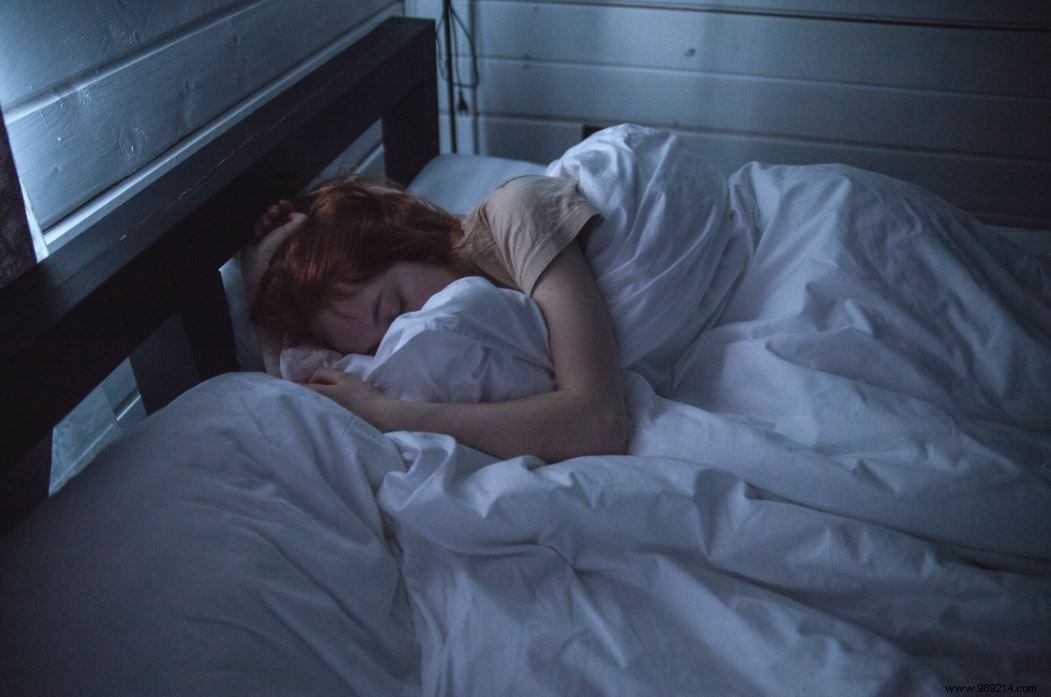Sleep paralysis is a sleep disorder that could be dangerous if the frequency is too high. The way of approaching this disorder, notably dictated by certain cultural beliefs, can amplify its effects in the long term.
According to a publication by the Center for Information, Research and Consultation on Exceptional Experiences (CIRCEE), sleep paralysis occurs when falling asleep (hypnagogic state) or when awakening (hypnopompic state). This state is associated with an impossibility to speak or move , a disturbing feeling of presence as well as hallucinations. In addition, the paralysis usually lasts between a few seconds and several minutes.
You should know that one in five people has ever experienced at least one sleep paralysis. This would find its origin in a fundamental cerebral problem at the interface, that is to say between the moments of wakefulness and sleep. These are times when we can have rapid eye movements (REM) spontaneously.
During sleep, we have very realistic dreams. However, in order to avoid reproducing them in reality, our brain has an amazing trick. Indeed, it paralyzes the body in its entirety using neurochemicals. Sometimes this kind of switch malfunctions and the brain wakes up while the body is still in a state of paralysis. Thus, the individual is between wakefulness and REM sleep. In other words, realistic dreams spill over into waking consciousness.

These hallucinations are subject to different interpretations around the world. Apprehensions generated by certain beliefs cause additional stress and anxiety. According to a study published in the journal Transcultural Psychiatry in 2013, sleep paralysis istwice as common in Egypt than in a country like Denmark. The fact is that in Egypt, sleep paralysis is presented as potentially fatal.
Or, as the Scientific American explains in an article from July 15, 2020, the more one fears sleep paralysis, the greater its effects. When the phenomenon occurs, it is interpreted with fear and not with reason. A vicious circle ensues that can cause this evil to become chronic! Thus, people may be subject to traumatic psychopathological effects and strong long-term anxiety symptoms.